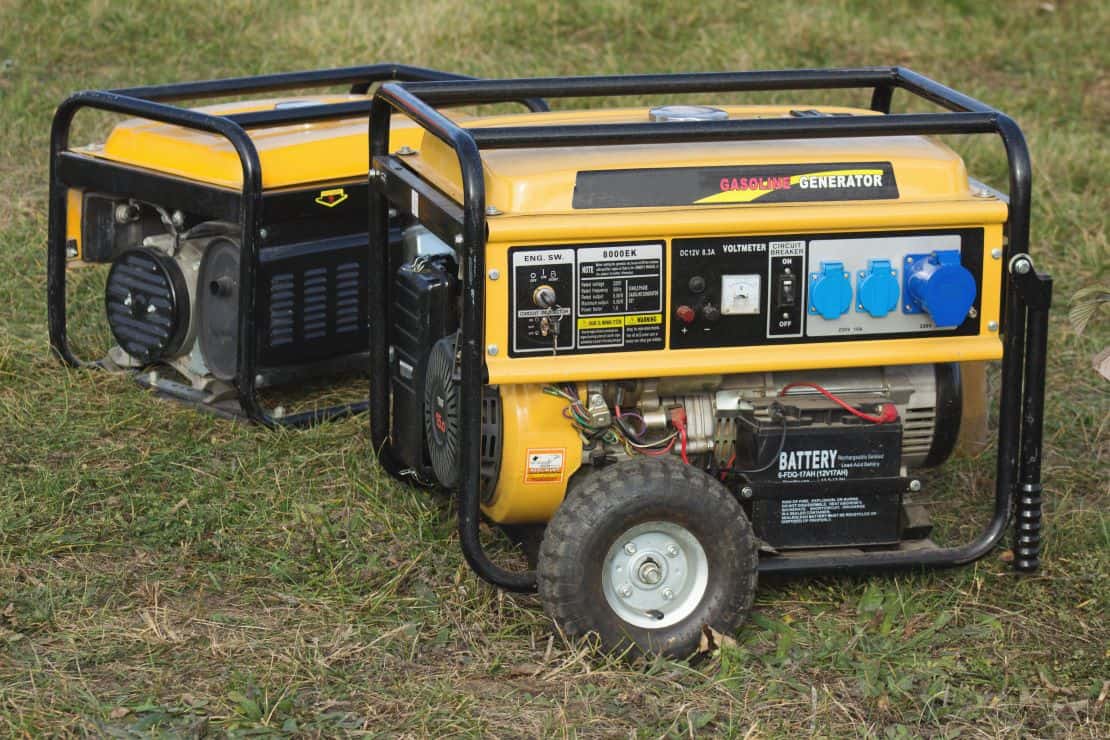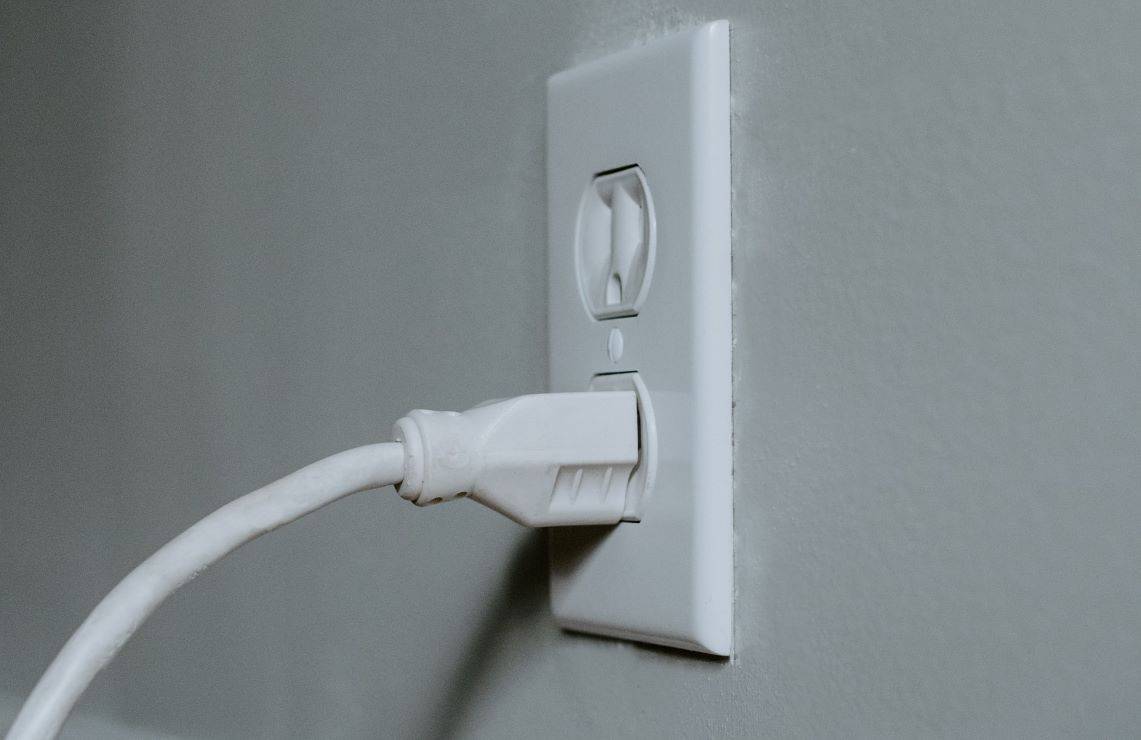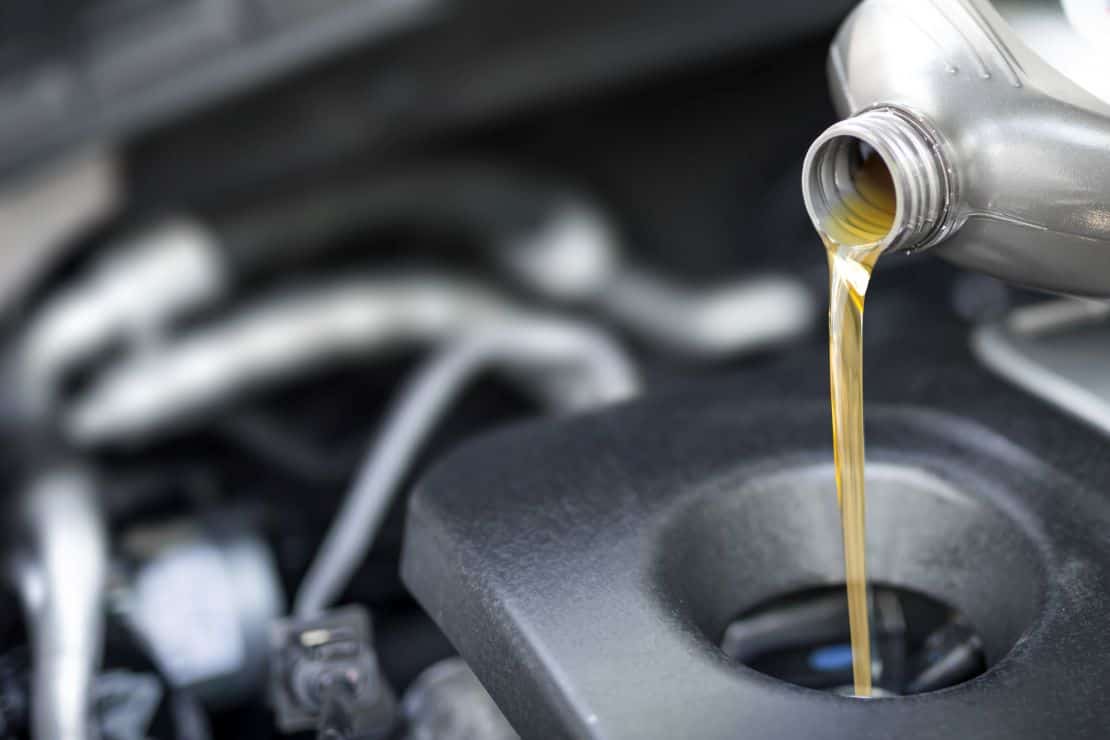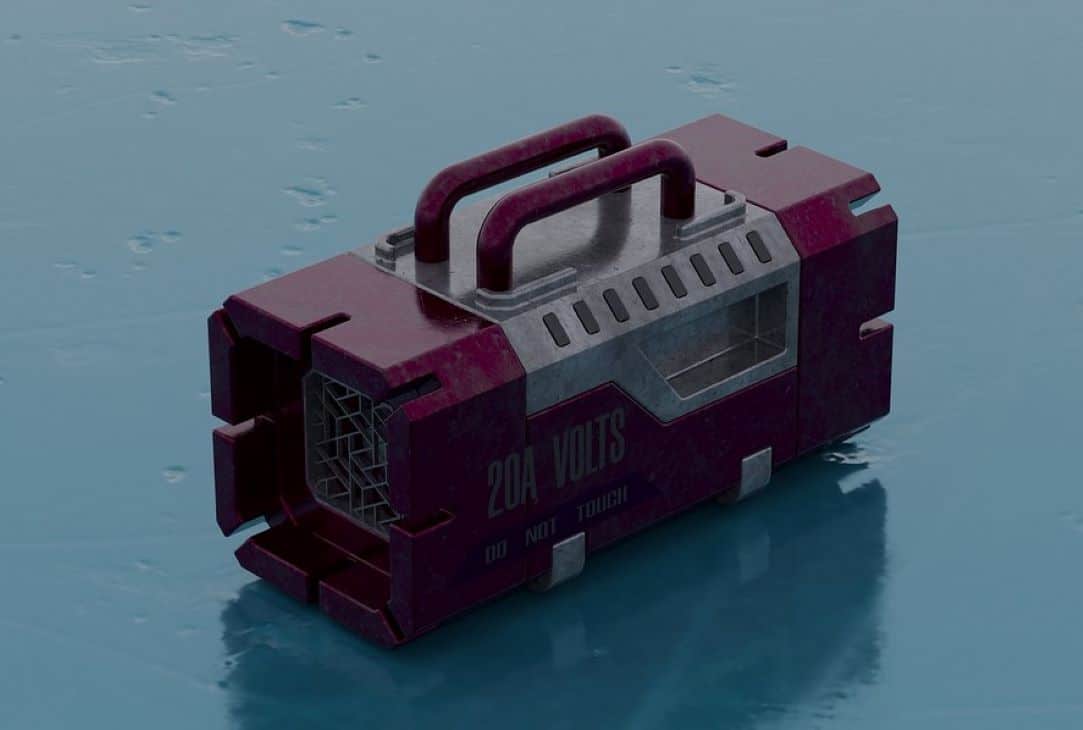A twenty pound propane tank can run you about seventeen dollars on average, with a bit of leeway in either direction. While propane mileage is pretty decent, it varies across generators and how they’re run. How long will a generator run on 20lb of propane?
Twenty pounds worth of propane, or approximately 4.6 gallons, should last for 4-5 hours. Generators typically consume between two and three pounds of propane each hour. How well the generator can stretch this limited supply depends on the load it’s running at, running time, and proper maintenance measures.
Not all generators offer the same efficiency and running them less than optimally could lead to potential damages and expensive repairs down the line. One of the most common issues that stifle generator effectiveness is generator load issues, seen below.
How Long Will A Generator Run On 20lb of Propane?
Generator Load

Generators of any kind are rated towards providing a certain level of power for best performance. Steering away from this balance in either direction can compromise your unit’s shelf life, among other potential risks.
Most generators have a certain minimal load range they can manage, with the numbers usually falling around 50% or 75%. Going below this can lead to an issue called wet stacking, in which unburned fuel passes into the exhaust systems and ravages vital components.
This concern is because running generators below their minimum load has them run at insufficient temperatures to convert all the fuel used cleanly. Over time, this issue can compound and seriously damage your generator’s engine. Soot can build up and turn into a thick, tar-like substance when coupled with fuel vapors. Soot deposits dampen efficiency on top of premature wear and tear.
While running your generator at a lower load might seem to be a cheeky way to stretch out fuel life, the only thing you’ll do is introduce unconsumed fuel into the exhaust pipes. This can be handled promptly by identifying it quickly – quick signs include carbon deposits, trickling tar with the consistency of engine oil running down your unit, or just unhealthy black smoke emanating.
Wet stacking can be dealt with by operating your generator at the proper temperature to at least a 75% load, and can be avoided entirely simply by maintaining that point.
Overloading your generator can cause intermittent power fluctuations, as the exceeded wattage can’t be accommodated by the generator unit consistently. It also causes soot buildup, impairing functionality due to clogging. Power spikes are dangerous to any connected electronics, damaging circuit boards and presenting fire or explosive hazards.
Both generator issues cause power skips and premature wear on your generator. The best way to get effective mileage off those twenty pounds or propane is running your generator at the load specified by manufacturers – or at least the minimum load they’ve cleared for safe use.
Keeping it Plugged and Running vs Intermittent Use

In general, the best way to run your generator – propane or otherwise – is consecutively. Using them for short durations on an as-need basis might be more practical, but in terms of raw cost-effectiveness, keeping it going gets you much better mileage.
This is due to the difference in wattage. Specifically, the difference between running watts and starting watts. Running watts are wattage you need to keep your device, the generator in this case, running. The minimal value also includes the costs to maintain its current momentum.
Starting watts are the wattage you need to move your generator from its initial unmoving state. Keeping your generator on straight simply reduces the number of instances you need to keep paying for the startup watts.
Long-term usage won’t be an issue. Most generators, unless specified otherwise, can last for about three whole weeks of consecutive use – just above five hundred hours of dedicated performance. Don’t push it any further though. Living off the grid can make repairs a hassle to attend to.
Scheduled Maintenance

While propane may be the longest-lasting fuel source, their engines can’t boast the same. Propane powered generators have a comparatively shorter functional lifespan than their contemporary fuels and require rigid maintenance to function at peak performance.
Most propane fueled appliances will come with instructions for their maintenance or hotlines to contact the companies responsible for it. This may be sufficient for most cases, but if the options end up inconvenient or just straight up unavailable it’s best to be safe than sorry.
Fluids

Generators rely on a very specific balance of fluids for their performance. Ideally, the oil should be changed every hundred hours. You may also be interested in splurging for a Fluid Analysis – the process is effective and non-invasive, so need to disassemble your generator to check.
As usual, also check for any leaks. Fuel leaks will be very dangerous due to propane volatility, and generator oil will also be a net loss over time. Immediately locate any leaks that might pose risks in your unit, and screen for general maintenance about once a week.
Leaks are often caused by either loose nuts or weakened rubber seals and need to be dealt with accordingly. Just tighten any loose nuts to be sure, and treat the seal with either soap and water or dedicated, purpose made products.
Batteries

Generator batteries usually need to be changed every two to three years, but checking for some of the more common issues is relatively easy. On a general level, make sure all of your batteries are in fine, equal conditions – a single battery that’s suffers from irregular voltage or corrosion marks on the poles could potentially harm the generator and any other attached equipment.
Make sure the voltage of your batteries is equal across all of them. Other than outputs, cell charge time is also vital to track. An undercharging cell reduces both battery life and total capacity, while an overcharging cell corrodes the grids on positive plates, harming overall performance.
Final Thoughts
While twenty pounds of propane should last you a while, that performance hinges just as much on the engine as the fuel itself. Make sure your generator is up for the job, that you’re running it to recommended specifications, and you’re using it properly to best make the most of your propane.

